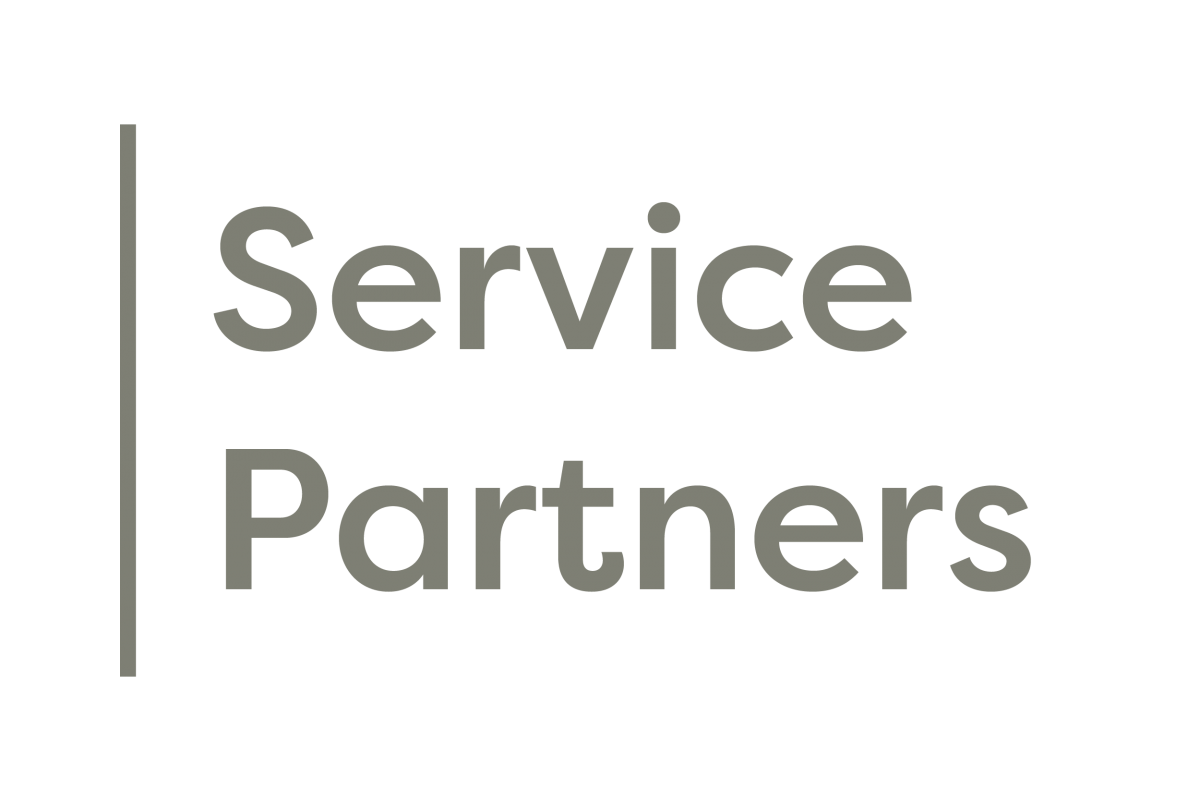Executive Summary
Enthusiasm and passion for the Primary Industry, and it’s people, ignited an aspiration to understand how the Primary Sector is going to boost human capability to achieve it’s ambitions of doubling export earnings by 2025. Seismic market movements, international politics, technological advances and climate change all contribute to an unsettled and fickle business environment. Increasing complexity requires resilient leaders, and businesses, to be economically sustainable to withstand the challenges we face in the future. Involvement in the Dairy Sector fostered an awareness of the challenges business leaders are facing, particularly in terms of leading a team. Curious to learn more, the purpose of this report is to understand how Emotional Intelligence could influence leadership capability in the Primary Sector.
The capability to manage this level of disruption, presents a management challenge to those who operate in the Primary Sector. The same drivers that have delivered performance are no longer adequate to lead success in the future. Although leadership success starts with a vision, a leader’s performance is dependent on their ability to influence the behaviour of their team. It is about the ability to influence beyond positional power, influencing people to work towards a common goal with enthusiasm. Leaders are challenged to cultivate an environment to build capability, inspire the right behaviour and unlock potential; all characteristics underpinning high performing teams.
Parallels were significant between the literature review and the interview process, undoubtedly supporting my anecdotal views that emotional intelligence is a crucial precursor to exemplary leadership. Fifteen dairy business leaders were interviewed and results were analysed, identifying five key themes. Leaders demonstrating higher levels of self-awareness tended to be people focused, they knew themselves, their capabilities, and limitations. Energised to execute with integrity, they were motivated to build relationships and foster an environment for growing others. In times of disruption, they appeared to be adaptive, resilient, and embraced learning opportunities for themselves and their teams. The five themes identified were as follows:
1. Prevalent left wired brain approaches are managing the journey with less awareness of the influence that EQ competencies are contributing to business performance.
2. A disrupted intrinsic compass is inhibiting the growth of our sector. The New Zealand Primary Industry is characterised by industry uncertainty and a lack of emotional and adaptive resilience is influencing the ability to deal with disruption.
3. Disruption is hindering leaders’ capability to energise and execute effectively. Farmers’ coping mechanism is to dig deep, working longer and harder, losing sight of the rituals that energise, tending to be reactive in their behaviour.
4. Task focused leadership methods are skewing the ability to build high trust team relationships. Farmers acknowledged difficulty with understanding the diversity of our finger print on the world, the way you see the world is different to the way another person views the world.
5. Leveraging positional power is impeding the capability to unleash potential and build high performing teams. Conversations with farmers indicated the ‘do as I say and not do as I do” leadership styles are prevalent.
Farmers are passionate about their stock and their pastures. Harvesting the best grass, requires cultivating the best soil for the grass to grow. Breeding the best young stock, cultivating the best pastures, seeking nutrient management advice, and purchasing a big green tractor. These investments all appear to be easily justified. Investment in people, appears to be less of a focus.
People management is indifferent; it is about nurturing the right environment to promote growth. This sets the beat of an organisation. Igniting this type of environment strengthens responsibility and accountability, the potential to increase both productivity and performance. Farmers are proud, and so they should be. It is however this pride and the ‘tall poppy syndrome’ that has been nurtured so well in New Zealand that is inhibiting our ability to lead effectively. Increasing complexity and the rise of the millennial generation will continue to challenge. The best leaders are learners, they are humble when they do not know something and are open to seeking new ideas and processes. Gone are the days where it was thought to be a weakness to acknowledge your shortcomings and seek help.
The pivotal element to drive this change is embracing a whole brain leadership strategy. Building emotional intelligence competencies will aid to engage this holistic attitude.
1. Lead from the inside out by tuning into the intrinsic compass. To lead others, we must first lead ourselves, to lead ourselves, we must know ourselves.
2. Energise to execute. Prioritise Personal Power. The ability to ignite enthusiasm, influence and motivate teams will be driven by leaders with significant personal energy, actively valuing themselves, to be the best person possible.
3. Activate with Purpose. Know your why. A sense of purpose drives feet on the floor every single day. Attract your tribe through a shared value based mindset, igniting the power to shape behaviour.
4. Pilot the focus. Shift to the blue head. Steering your focus is underpinned by the ability to anchor in disruptive environments, acting with edge to make the tough decisions. Focus is either diverted or on track.
5. Flex the social filter to tune into the emotional and social atmosphere of your teams. Connect. One size fits all rules do not apply. A distinguishing factor between those who will thrive will be dependent on the ability to understand what makes your team tick, build relationships and care about people. This does not run through the left brain.
6. Foster a learning climate to unleash potential. Create the right environment for the right behaviours to occur. Fuel the communication through rituals and beliefs that set the beat for the business, the team language shapes the values, values shape behaviour.
New Zealand has the best rugby team. Why? The All Blacks have the best coaches and the best culture. Why? Their actions are underpinned by the belief that leadership is an inside job, it starts with knowing yourself. The Primary Sector can learn from this attitude. The capability to meet the intricacies of an ever-changing business arena and the vision of the Primary Industry for 2025 hinges on fostering a world class learning environment. Learning environments should not only be challenging the intellectual capability but emotional parameters as well if it is to have the opportunity to build a great leader. The obvious barrier is the ability to build on this momentum. Building one’s emotional intelligence will not occur without commitment and effort. A how-to manual will not suffice, this is not for the faint hearted.
I hope this report will stimulate further discussion, both by individual farmers and industry bodies, on the importance of equipping our Primary Sector with the skills to lead from the inside out, adopting a whole brain leadership approach. A determining element is the courage and determination to change. They must want to change. Seismic disruption is an opportunity to lead from the front, high emotional and social intelligence will alter the game. Understanding the intrinsic compass, knowing oneself, is the jumping off point, the key determinant in achieving real change.
Change is unkind to those inflexible in mind. The first to develop a whole brain approach, will do well. The choice is yours.


























